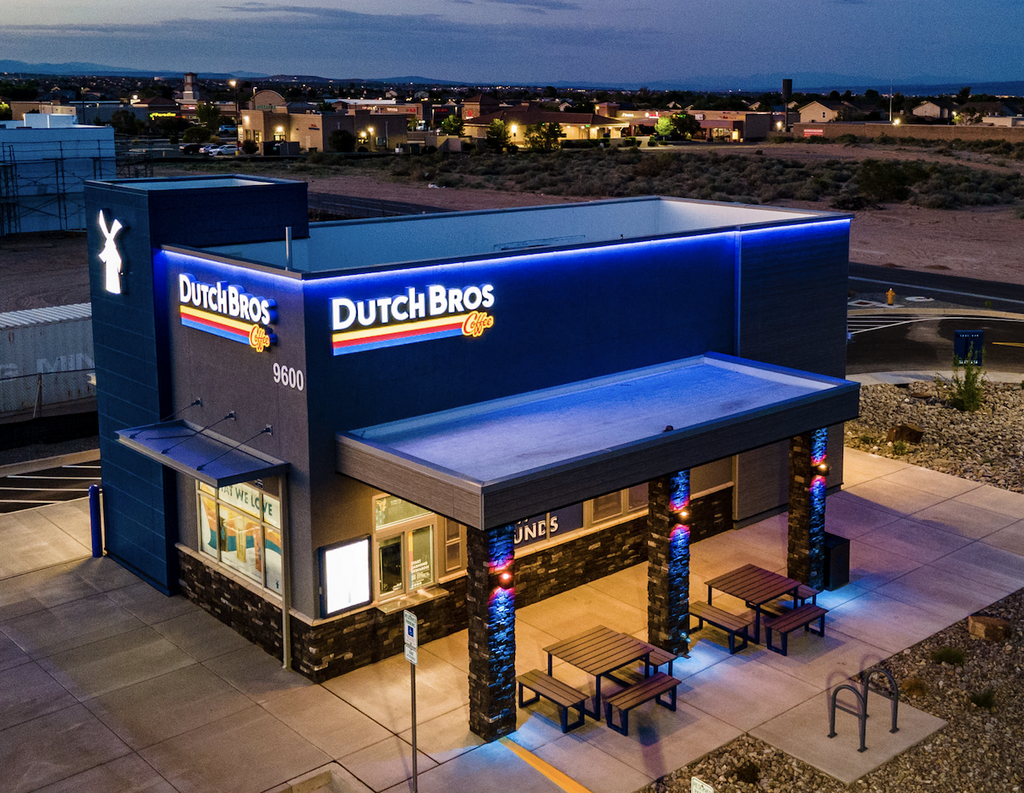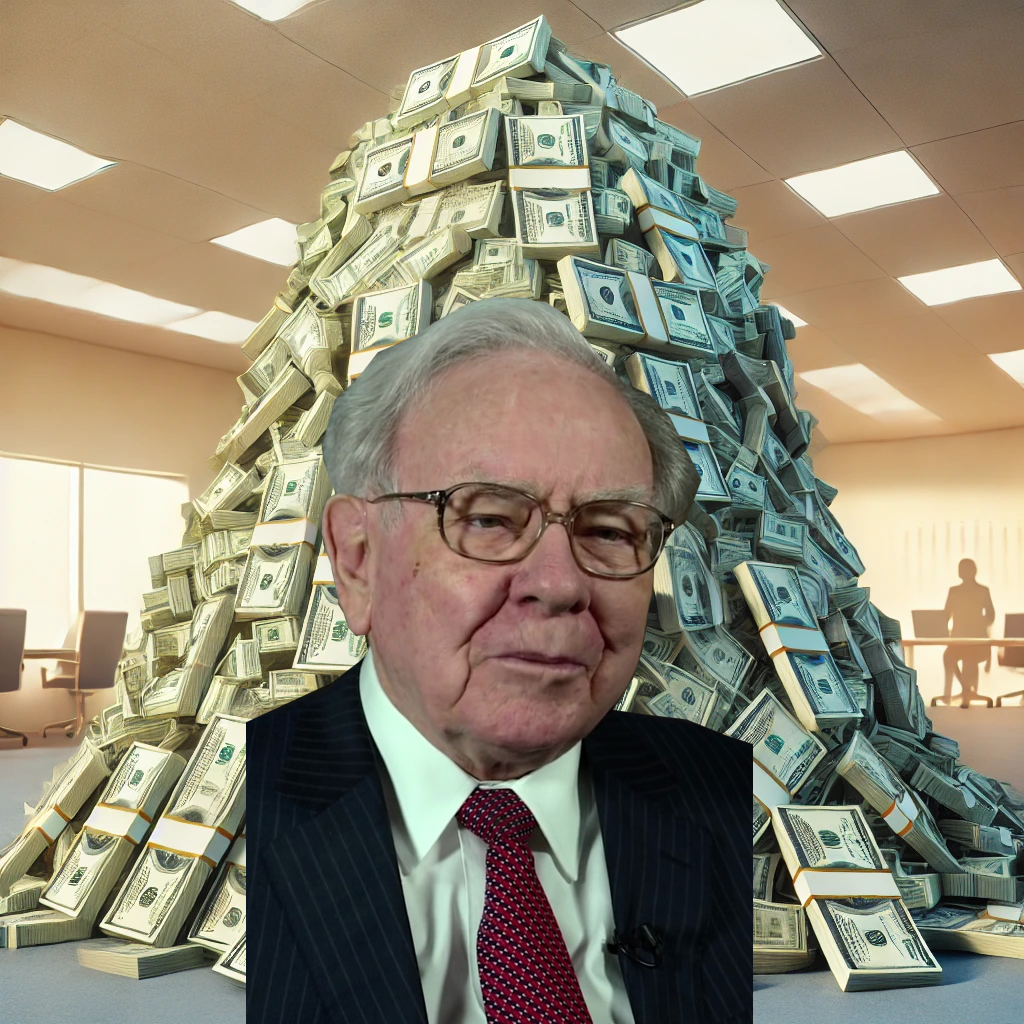
Warren Buffett’s Berkshire Hathaway has been making significant changes to its investment portfolio, recently selling off large portions of its holdings in several major companies. Most notably, the conglomerate sold 5.8 million shares of Bank of America, worth approximately $228.7 million. This sale comes as part of a broader strategy where Berkshire has been reducing its positions in other high-profile companies, including Apple, American Express, and some Charlotte-based businesses. These moves have raised speculation that Buffett is preparing for a potential market correction or waiting for more favorable investment opportunities.
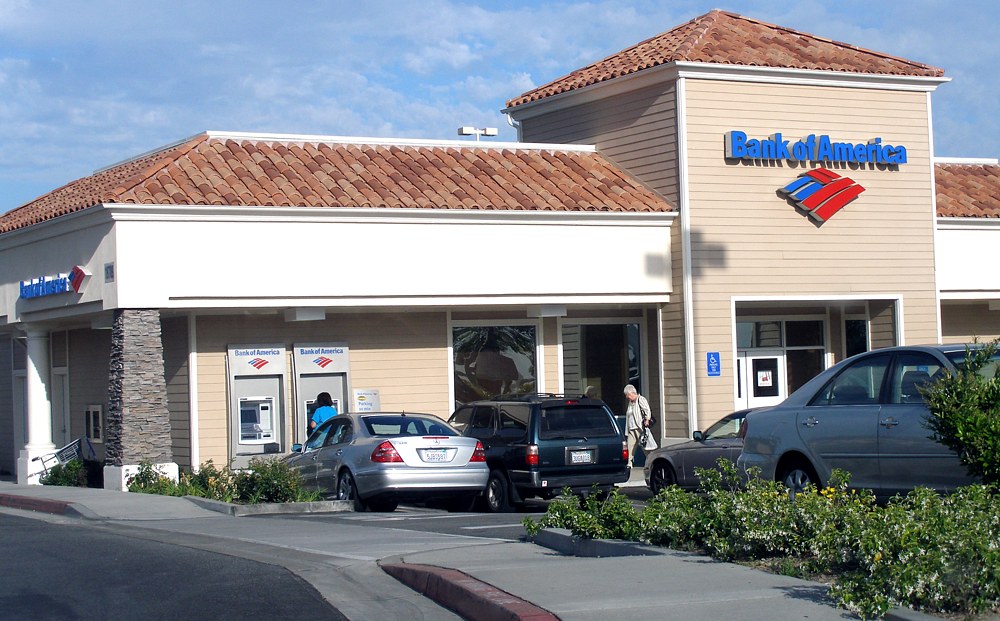
Buffett’s history with Bank of America is well-known. His 2011 investment of $5 billion in the bank helped stabilize it during a time of crisis. Over the years, he became the bank’s largest shareholder by converting warrants into stock and adding 300 million more shares in 2018 and 2019. However, his recent decision to sell a significant portion of Bank of America shares aligns with Berkshire’s current strategy of trimming its holdings in multiple companies.
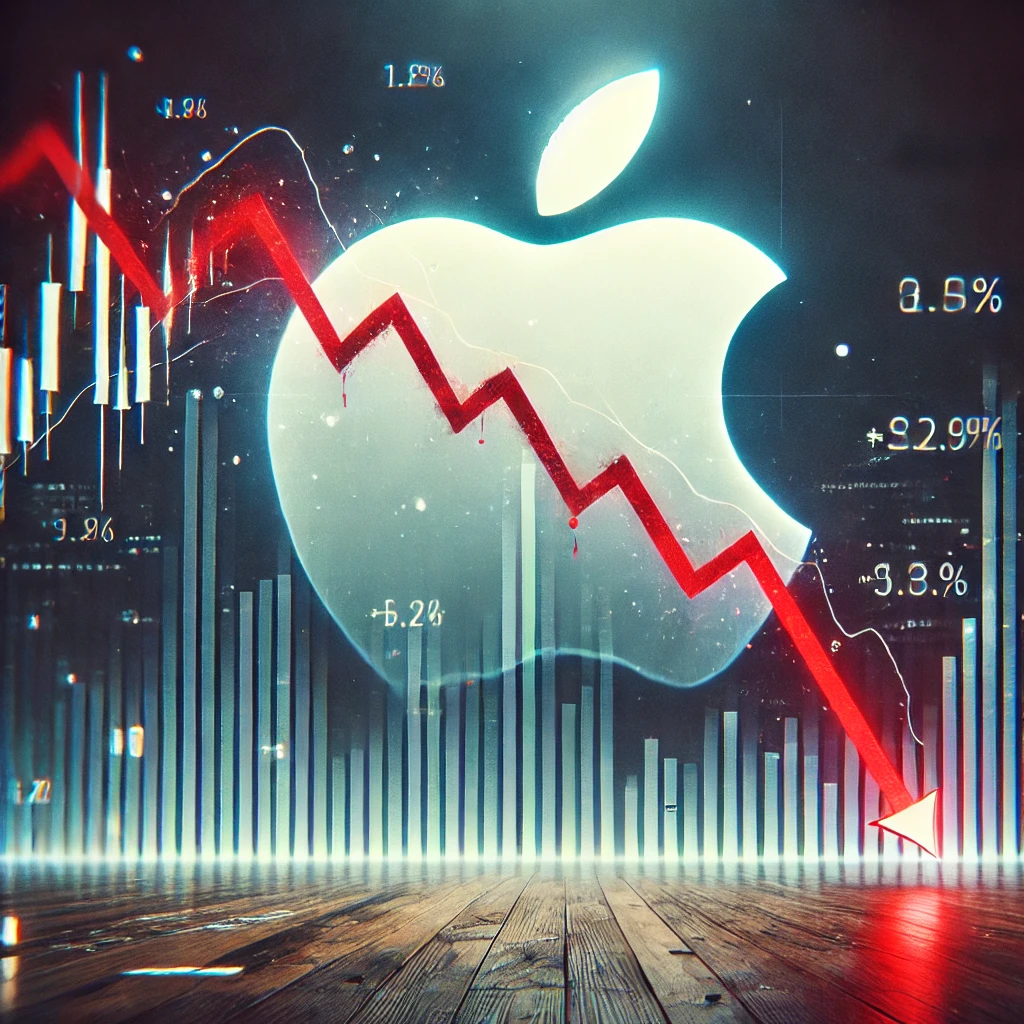
In addition to the sale of Bank of America shares, Berkshire Hathaway has also reduced its stakes in Apple and American Express, two companies that have been key components of its portfolio for years. In its latest quarterly results, Berkshire reported a cash position of $276.9 billion, with a large portion—$234.6 billion—invested in U.S. Treasury bills. This growing cash pile and reduction in stock holdings suggest that Buffett is taking a cautious approach to the market, possibly anticipating a correction or downturn.

While Berkshire has added a few new positions in recent quarters, the overall trend has been one of selling off stocks rather than buying. This pattern has led to speculation that Buffett is not finding sufficient value in the current market and is holding onto cash in anticipation of better opportunities. In May, Buffett acknowledged that “things aren’t attractive” in the market, indicating his difficulty in finding investments that meet Berkshire’s strict criteria.
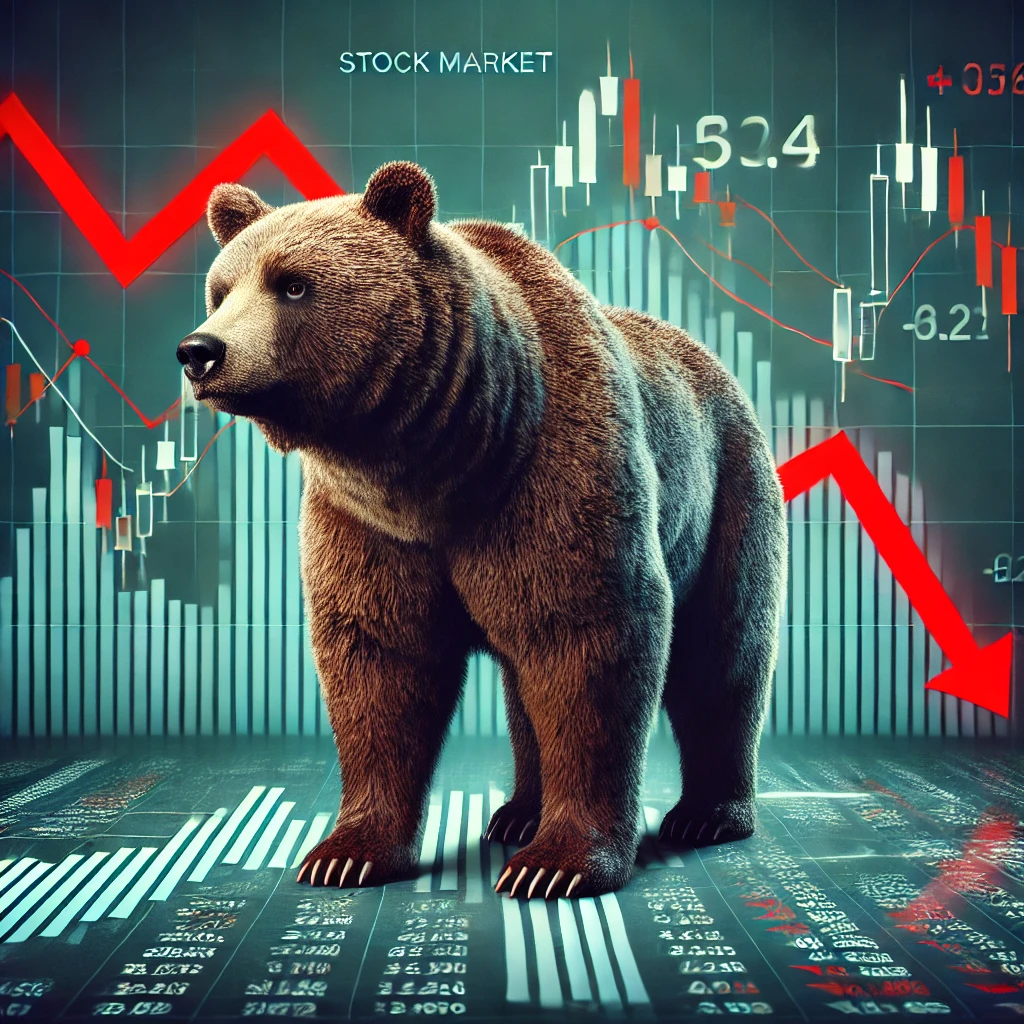
His statement hinted that a market shift could change the investment landscape, and his growing cash reserves suggest he is waiting for that shift.

Buffett’s strategy of building up cash and reducing stock exposure reflects his belief that the current market conditions do not warrant aggressive investing. Historically, Buffett has capitalized on downturns by using his cash reserves to buy undervalued companies. His current actions suggest that he may be preparing for a similar opportunity, waiting for a market correction that could provide better value for long-term investments.

As Berkshire Hathaway continues to increase its cash position and reduce its holdings in companies like Bank of America, Apple, and American Express, many investors are watching closely to see what Buffett’s next move will be. His cautious approach suggests that he is positioning Berkshire for the long term, ready to take advantage of opportunities when the market offers more favorable conditions. Until then, the Oracle of Omaha is patiently waiting, with billions in cash at the ready for the right moment to strike.





